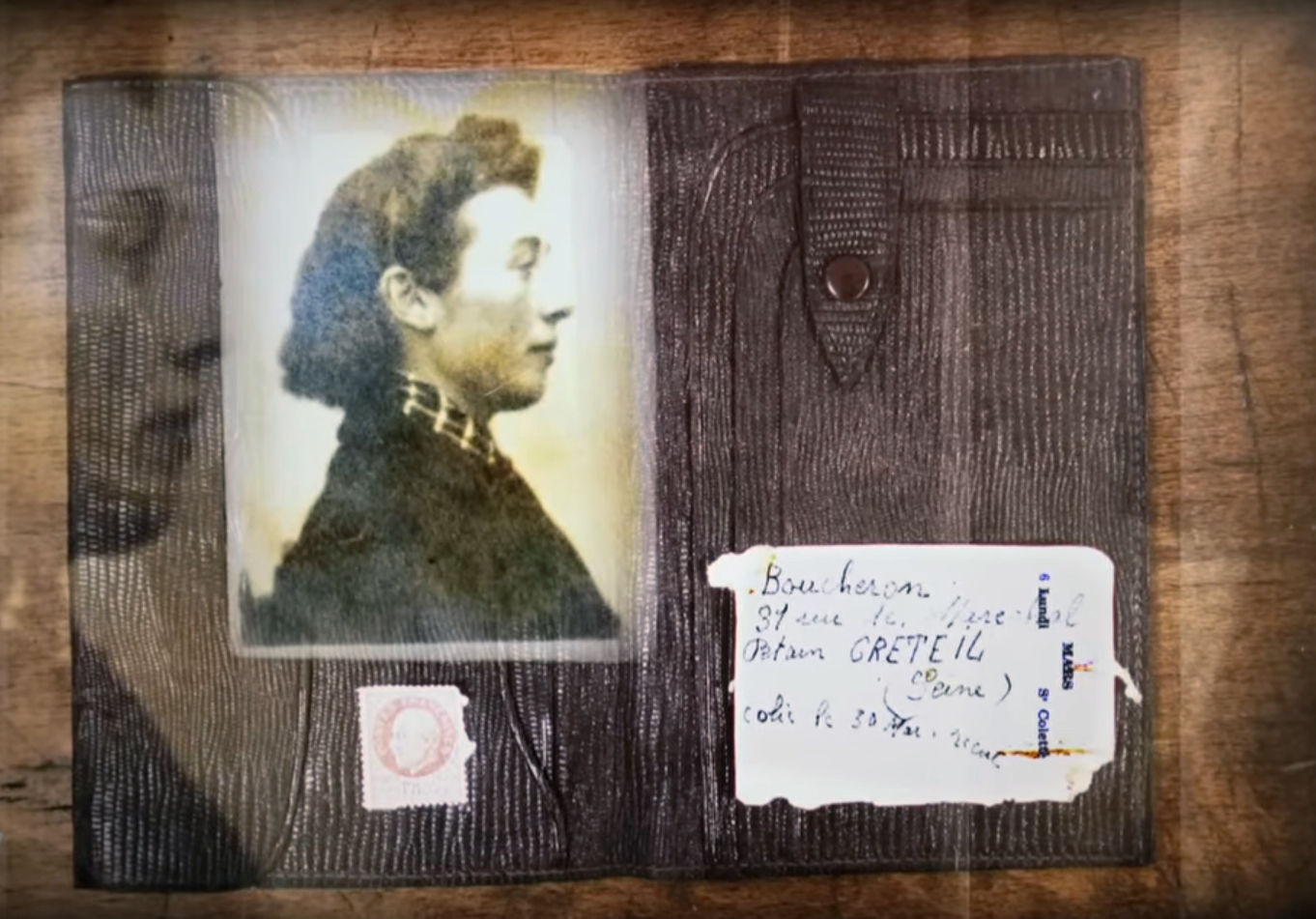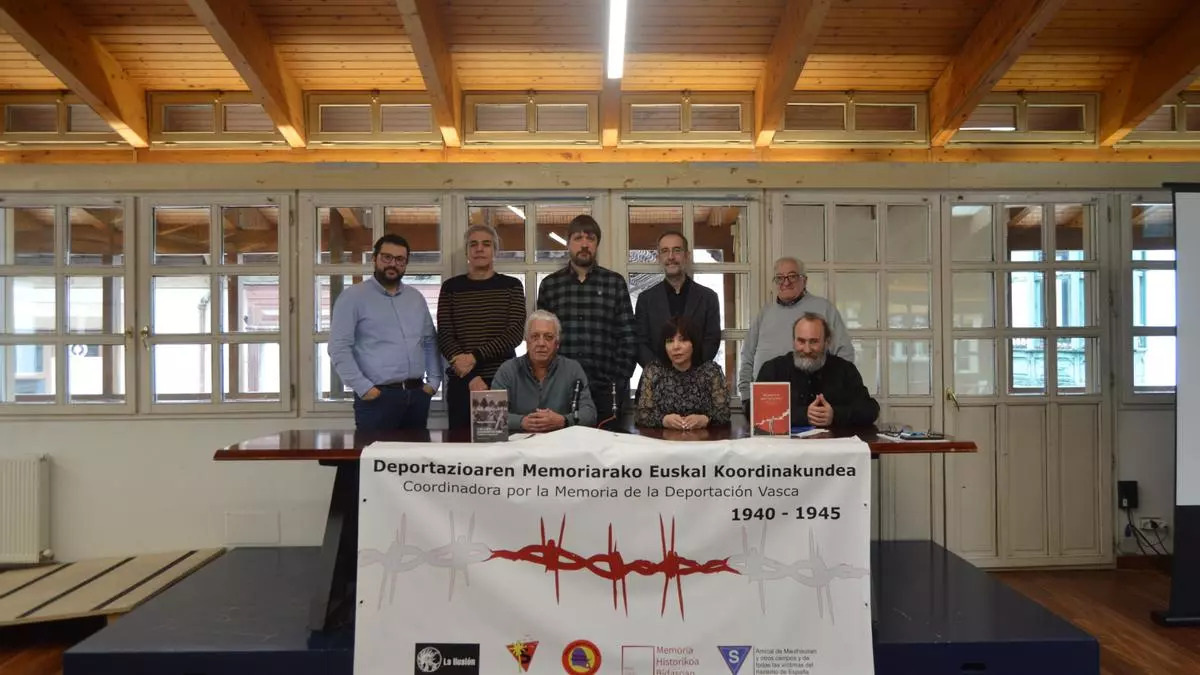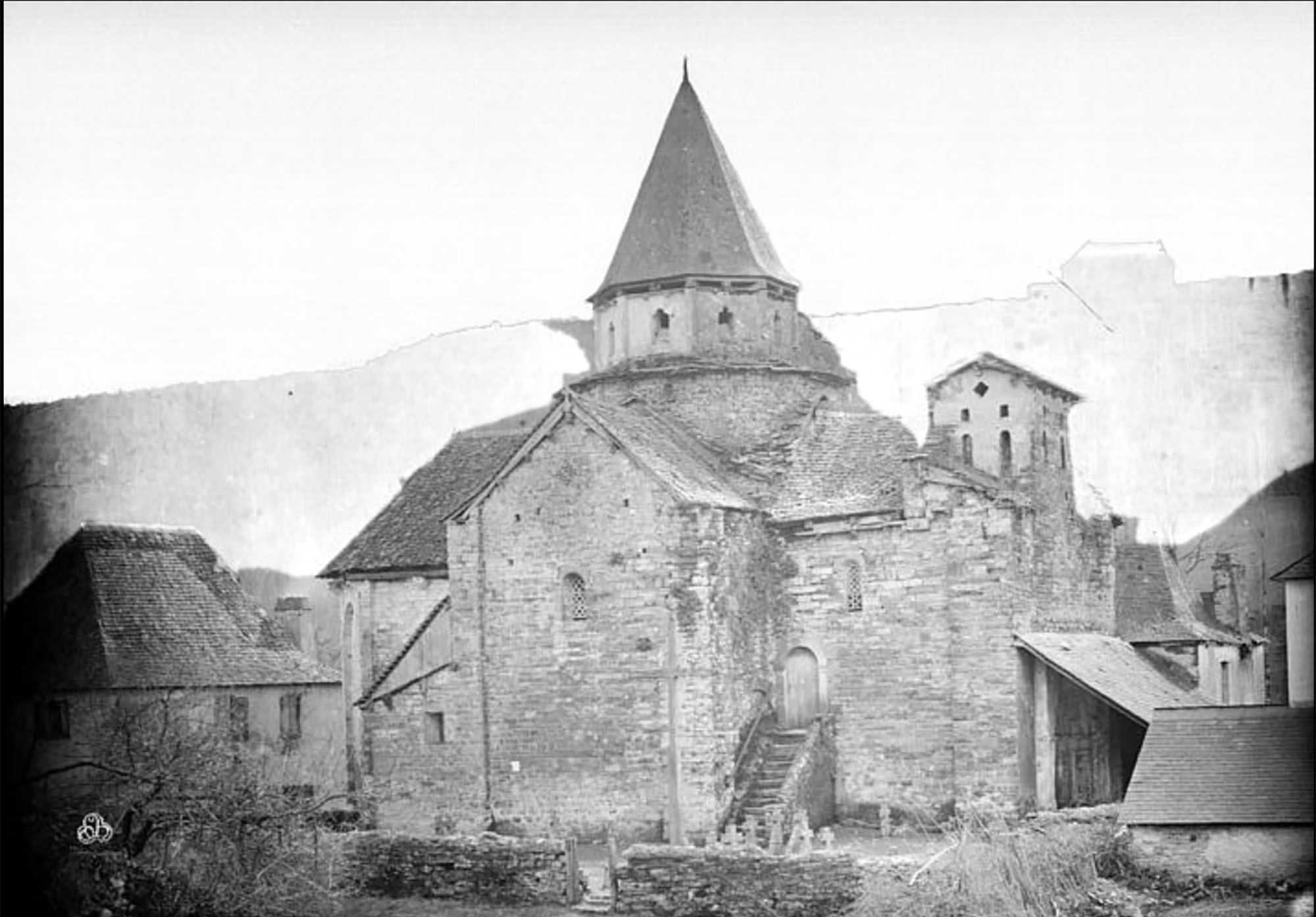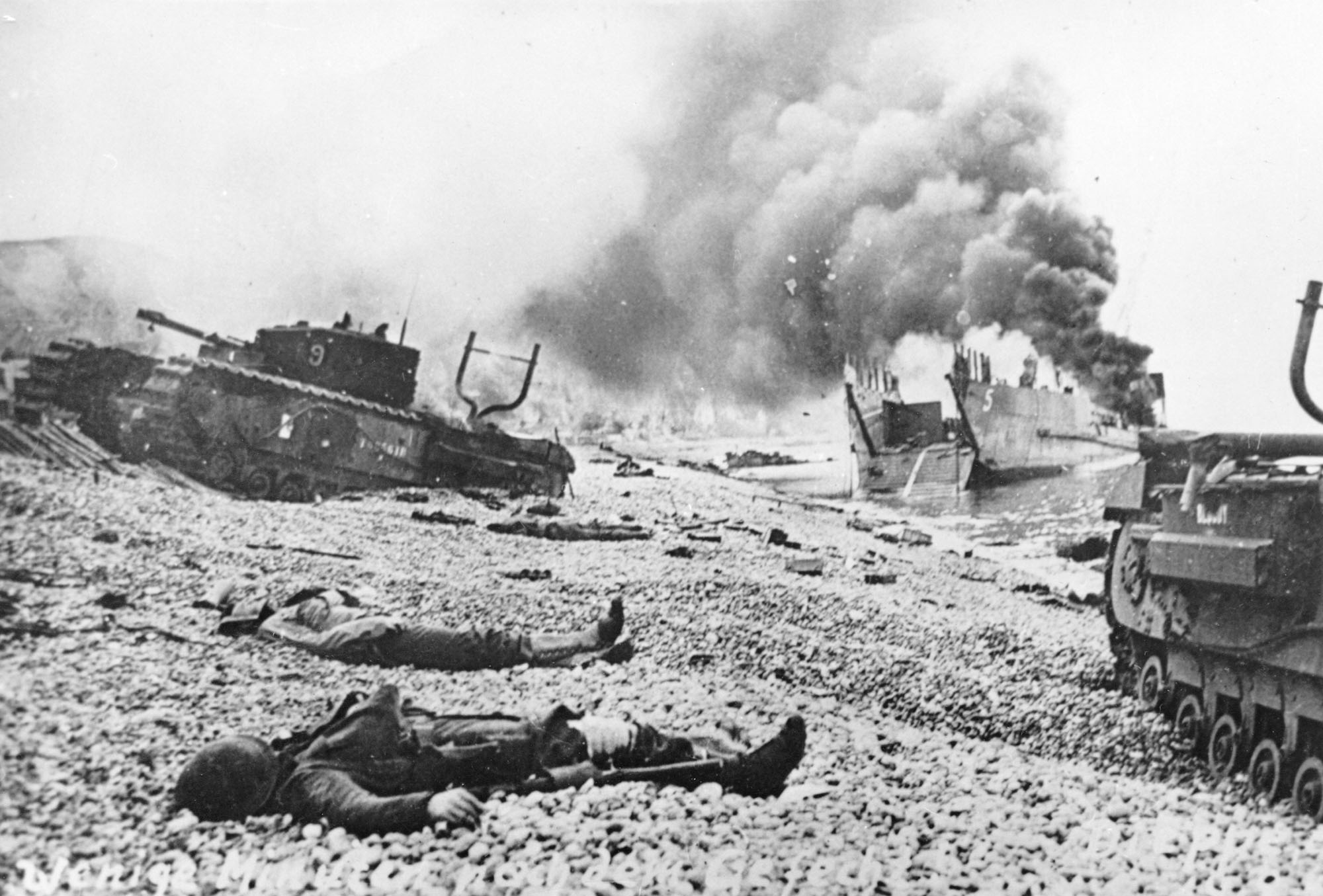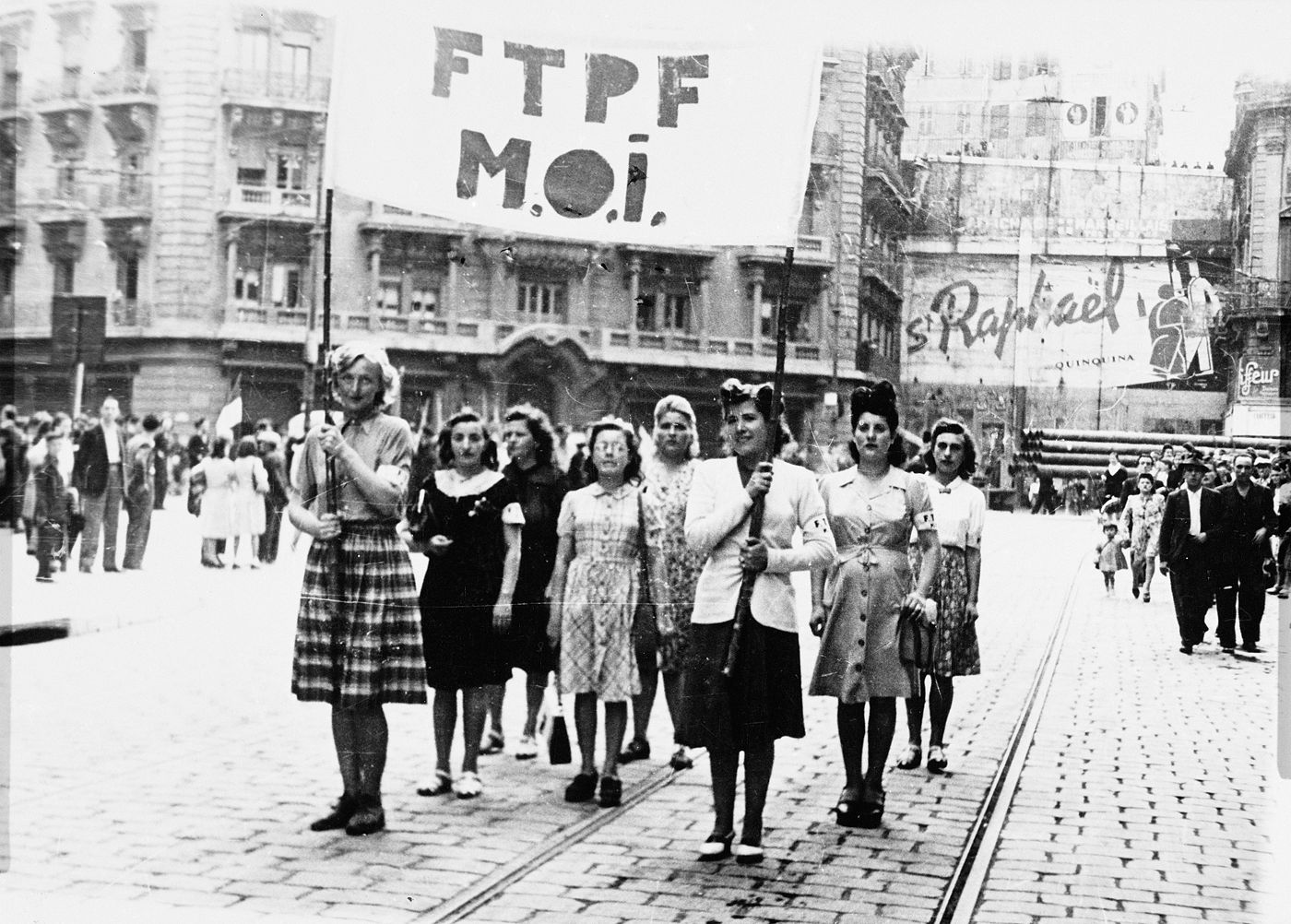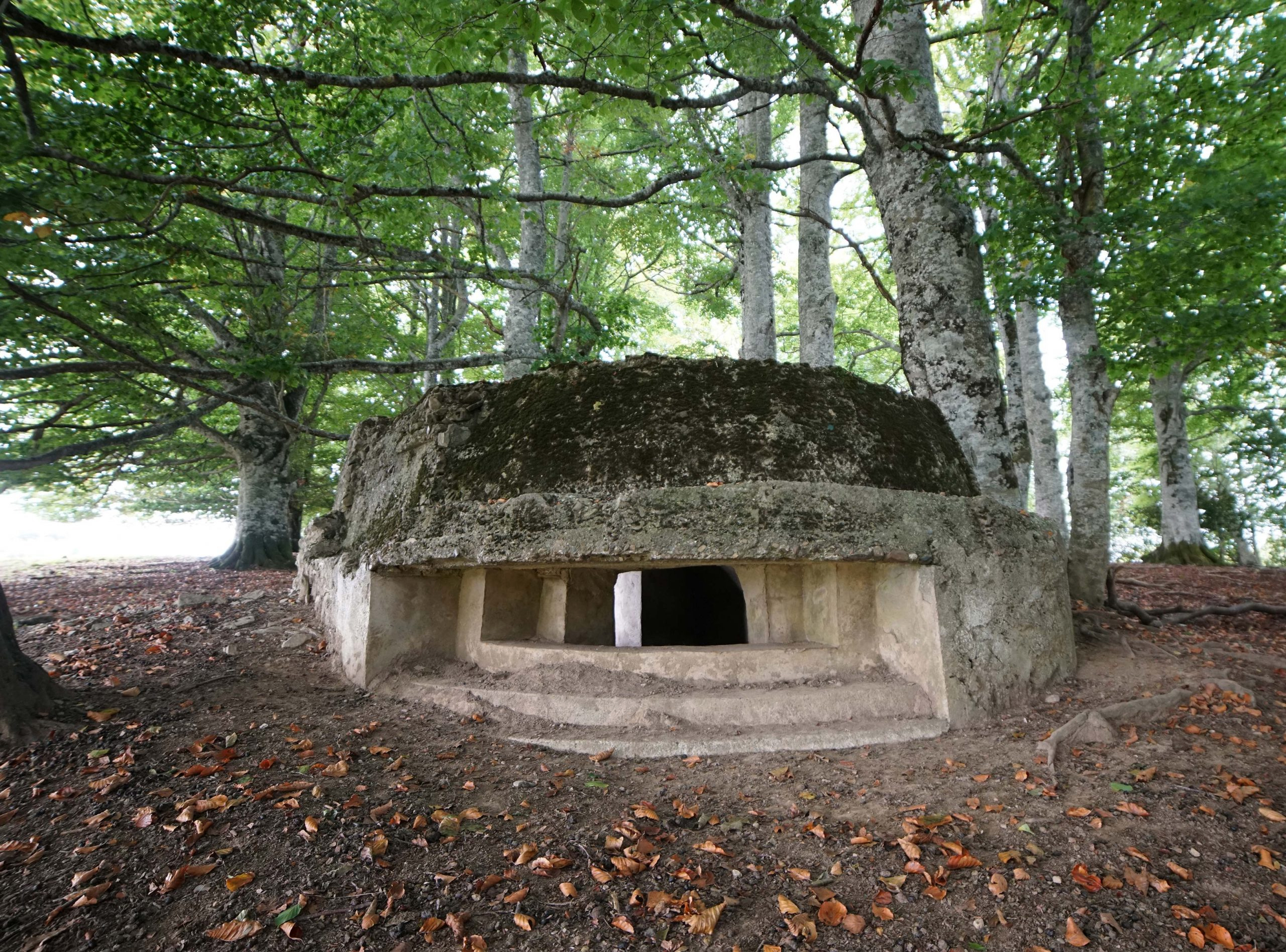Six times more severe than the Titanic

Born 30 January 1945 A Soviet submarine S-13 detected the German vessel Wilhelm Gustloff. After receiving the order of Marina captain Alexander to shoot at the boat, three torpedoes reached the hull of Wilhelm Gustloff and the boat sank in less than an hour. A total of 9,434 people died, most of them - with the exception of crews - civilians.
The vessel Wilhelm Gustloff, with a capacity of 1,865 passengers, has been authorised by the Maritime Authority to transport more than 6,000 persons. The Red Army was making progress on the East Front and the need to relocate the German refugees who had left their homes led them to make this decision. After the sinking of the ship, they learned that they had managed to put another 5,000 refugees in hiding. At the time of the shipwreck, a total of 10,582 people were on board, according to the sources. Of these, about 1,000 were saved at first, although several hundred died of hypothermia, after waiting for rescue in the cold Baltic (northeast) waters.
Even though the ship was carrying swastika on the bow, Marine Alexander's captain already knew he was carrying the refugees. But the captain's career had faded: he was stubborn, drank too much, and negative notes were accumulating in his dossier. With the help of the torpedoes, Marino tried to reverse the situation and get the Soviet Union's Hero Trophy. Despite being a candidate for the prize, the high-level Soviet authorities did not award him the medal and tried to disseminate the version he attributed to Luftwaffe, which had been guilty of the sinking. Marinesco did not benefit from the most serious maritime tragedy in history.
As for the greatest marine tragedy of all time, most of us would probably mention the Titanic. But compared to what happened in the Baltic during the Second World War, the Titanic disaster was much smaller; according to the list of deaths, six times lower, as in the shipwreck of the Titanic, 1,514 people died.
But on the one hand, literature and film have made a huge publicity for the tragedy of the Titanic in the last century. On the other hand, the Soviets tried to distort what happened to Wilhem Gustloff and the rest of the allies despised the terrible consequences of the attack. After all, the Soviets were also allies, the winners of the war. And on the contrary, those 9,000 civilians drowned in the Baltic, most of them older, women and children, had a wrong side. Losing sides.
Washington, D.C., June 17, 1930. The U.S. Congress passed the Tariff Act. It is also known as the Smoot-Hawley Act because it was promoted by Senator Reed Smoot and Representative Willis Hawley.
The law raised import tax limits for about 900 products by 40% to 60% in order to... [+]
Londres, 1944. Dorothy izeneko emakume bati argazkiak atera zizkioten Waterloo zubian soldatze lanak egiten ari zela. Dorothyri buruz izena beste daturik ez daukagu, baina duela hamar urte arte hori ere ez genekien. Argazki sorta 2015ean topatu zuen Christine Wall... [+]
Deportazioaren Memoriarako Euskal Koordinakundeak aintzat hartu nahi ditu Hego Euskal Herrian jaio eta bizi ziren, eta 1940tik 1945era Bigarren Mundu Gerra zela eta deportazioa pairatu zuten herritarrak. Anton Gandarias Lekuona izango da haren lehendakaria, 1945ean naziek... [+]
Porzheim, Germany, February 23, 1945. About eight o’clock in the evening, Allied planes began bombing the city with incendiary bombs. The attack caused a terrible massacre in a short time. But what happened in Pforzheim was overshadowed by the Allied bombing of Dresden a few... [+]
Japan, 6 and 9 August 1945, the United States launched an atomic bomb causing tens of thousands of deaths in Hiroshima and Nagasaki; although there are no precise figures, the most cautious estimates indicate that at least 210,000 people died at the end of that year. But in... [+]
Born 27 June 1944. The German soldiers carried out a raid on a small town of about 80 inhabitants of Zuberoa. Eight people died on the spot and nineteen were arrested, all civilians, nine of whom would be deported and only two would survive from the concentration camps in which... [+]
Normandy. 6 June 1944. They started operation Overlord: Thousands of British, American and Canadian soldiers landed on the beaches of Normandy to drastically change the course of the Second World War and, therefore, history. Or at least that's what we've been told a few days ago,... [+]
Genocide is unfortunately a fashionable word. According to Rafael Lemkin’s definition in 1946, genocide is defined as “actions aimed at the total or partial destruction of a national, ethnic, racial or religious group.” These actions may include “killing the members of... [+]












